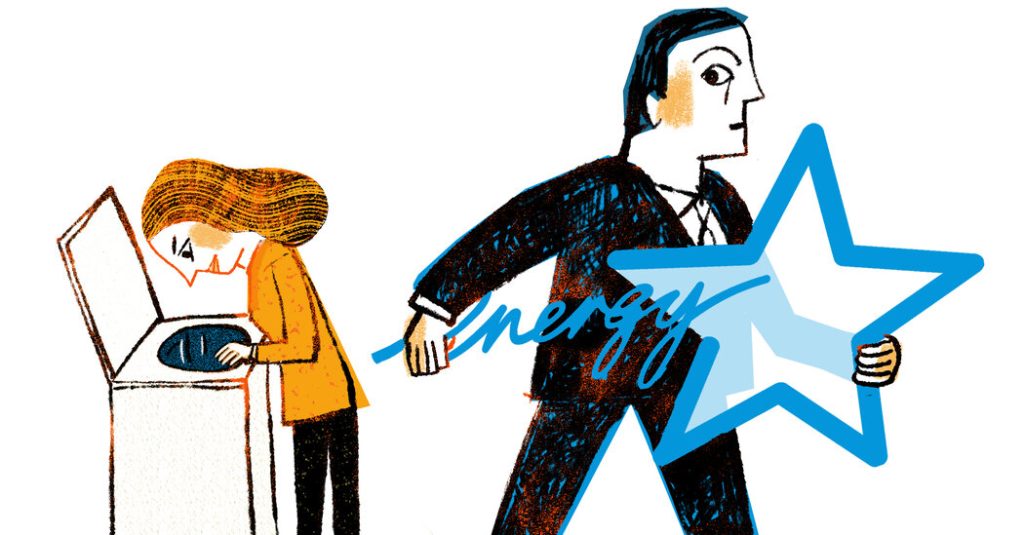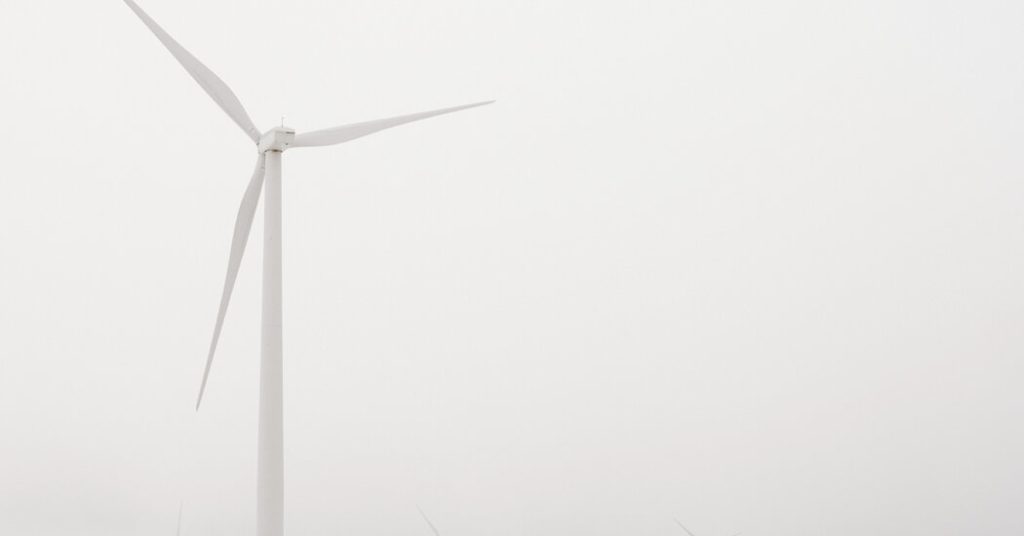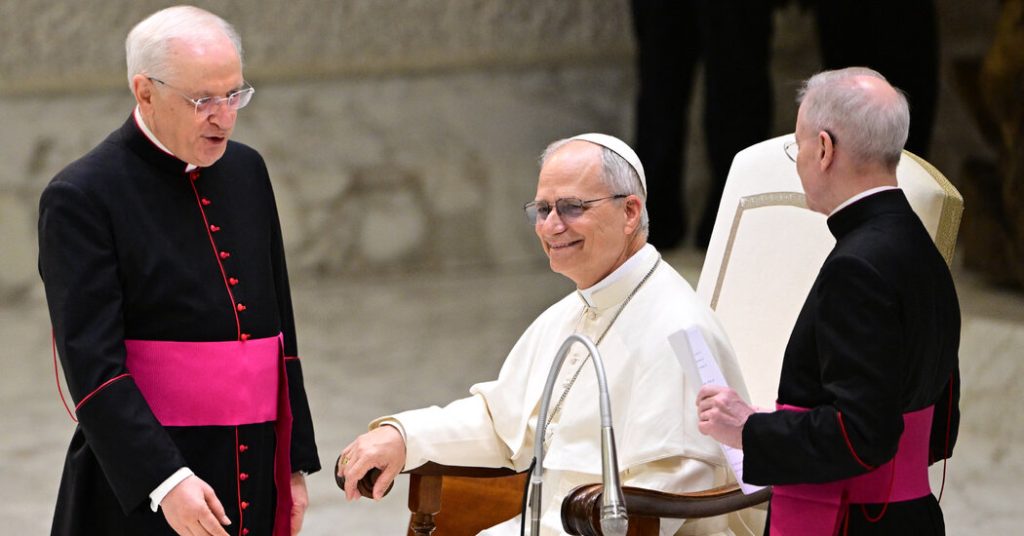There’s a good chance you’re part of the nearly 90 percent of American households that are aware of the Energy Star label that shows up on home appliances when you’re shopping for a new dishwasher or refrigerator. It’s a useful seal of approval, a signal of outsize efficiency and the lower utility bills that you’ll pay over time.
And now it’s in jeopardy thanks to the Trump administration’s desire to make cuts at the Environmental Protection Agency and eliminate the agency’s division that oversees the Energy Star program.
When the news emerged last week that there might soon be no more stickers on all sorts of appliances — from air-conditioning units to washing machines — one solution seemed obvious: The companies could pledge to set up their own version of the program, using independent third parties to assess their wares.
Simple, right? But none of the major appliance manufacturers that I approached would promise to do that. Many — including Frigidaire, Samsung and Sub-Zero — didn’t even respond to the multiple requests I made for comment.
Energy Star is a big deal, if you believe the E.P.A. According to a document on its website, the program has contributed to $500 billion — billion, with a “b” — in household and business energy savings since its 1992 launch.
Appliance manufacturers do not want Energy Star, in which participation is voluntary, to go away. They said as much in a March letter to the E.P.A., when they sensed that cuts might be coming.




